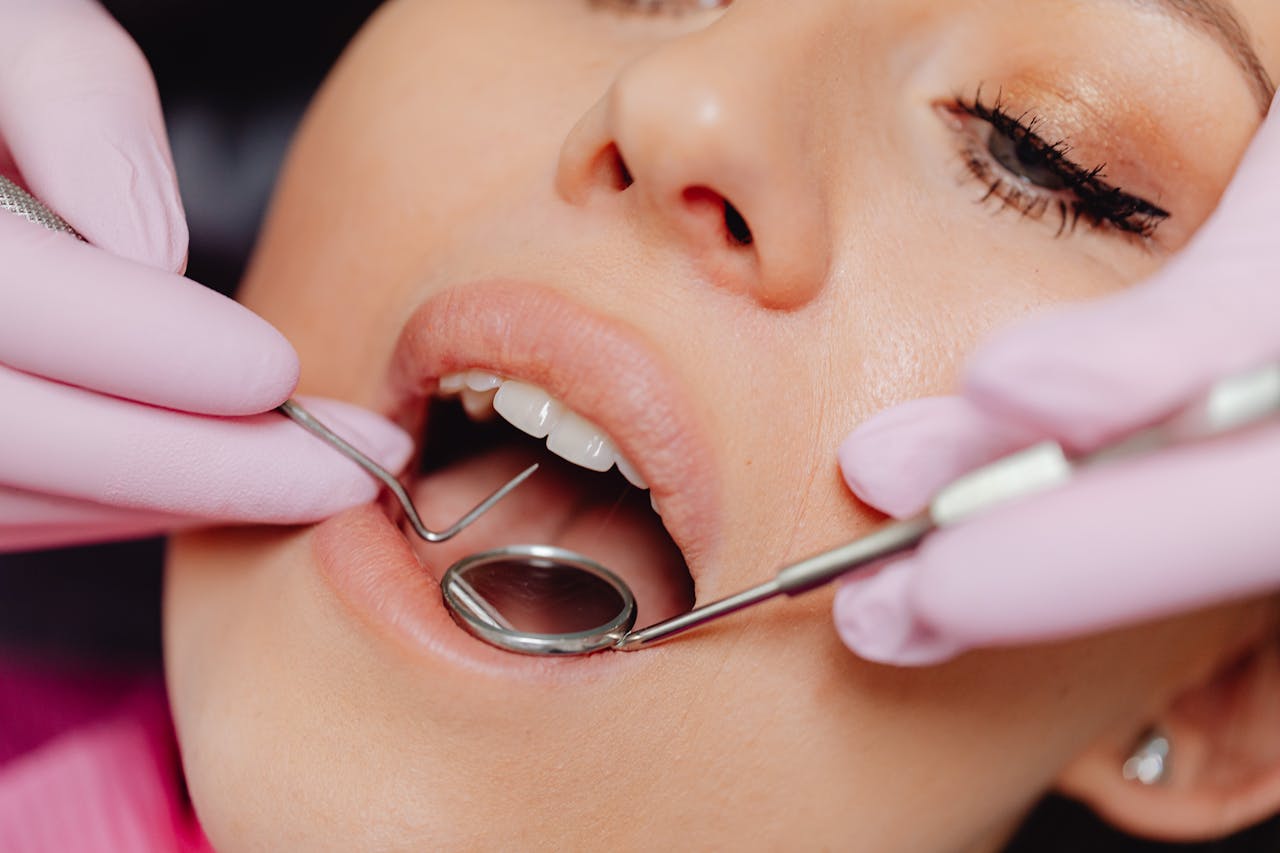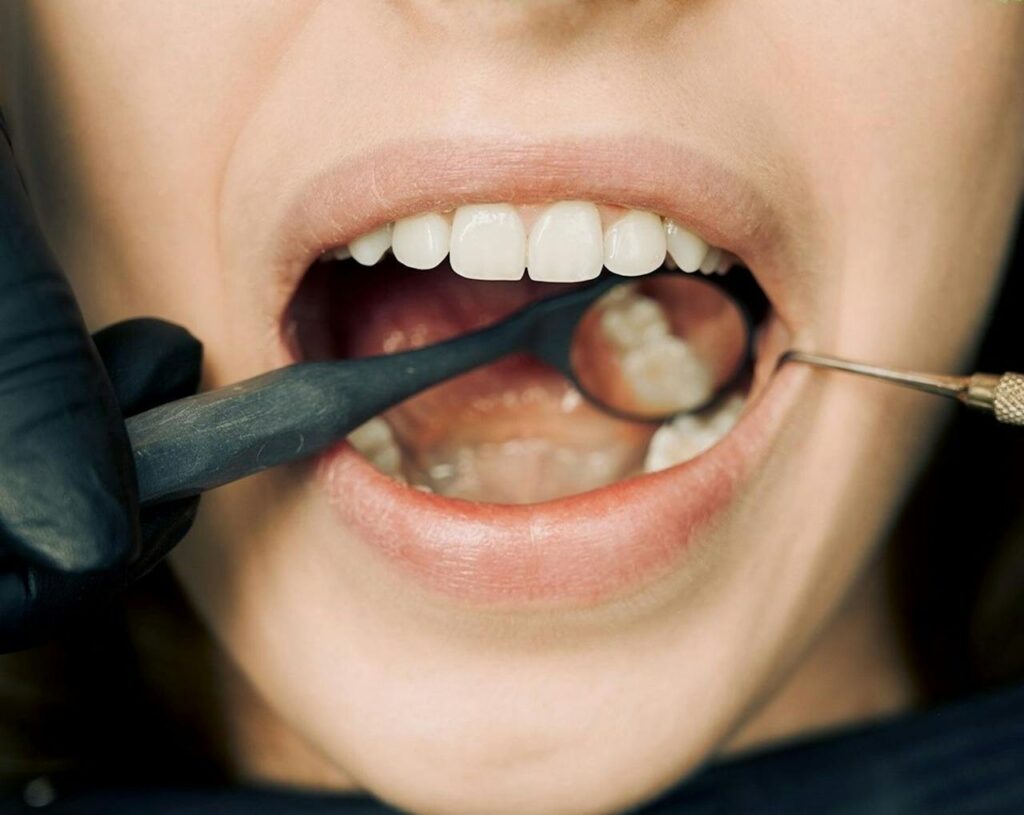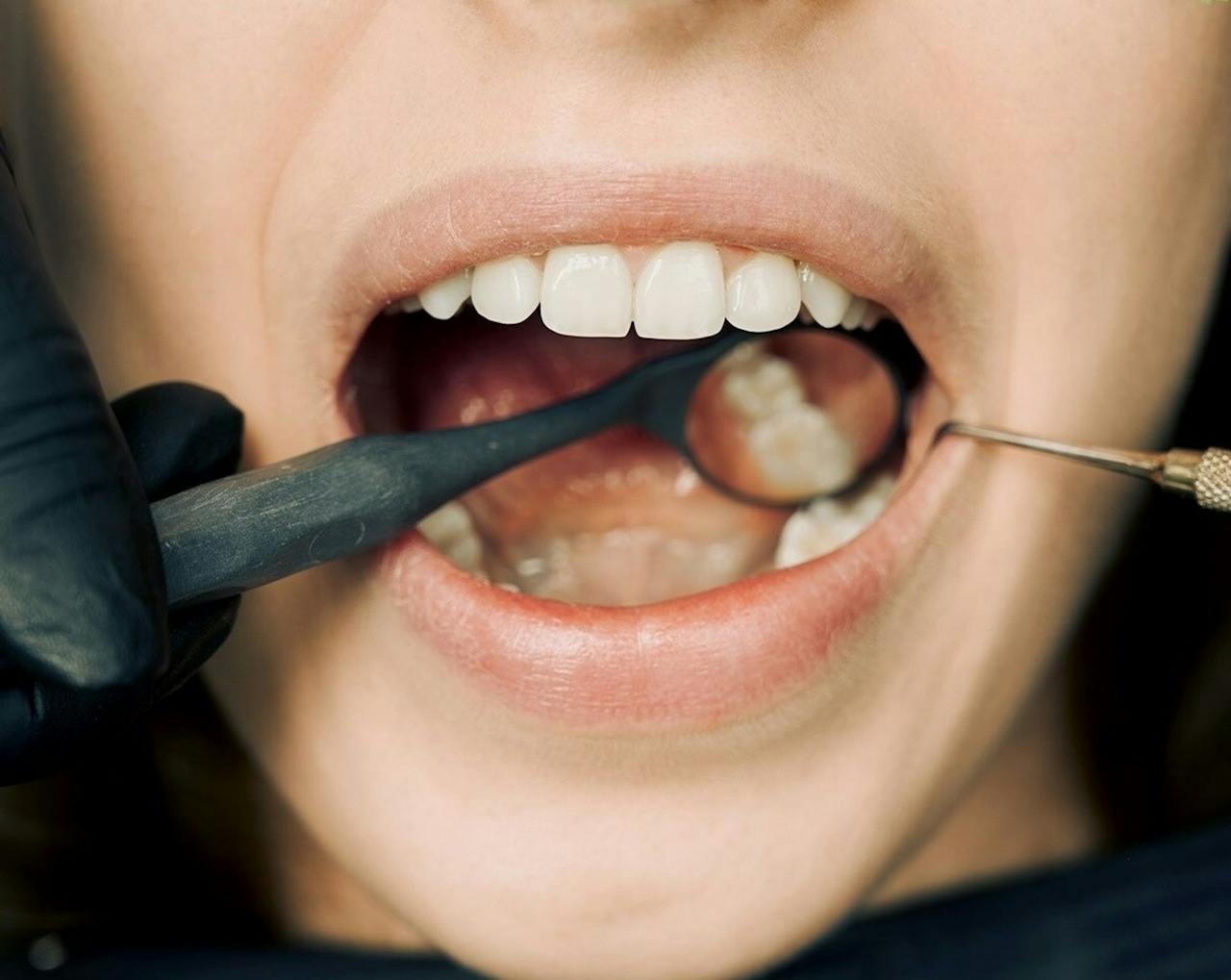Common Dental Problems 101 and How to Prevent Them

Table of Contents
Introduction
When we think about our health, it’s easy to overlook the importance of oral hygiene. But did you know that poor dental health can lead to significant issues not just in your mouth but throughout your body? From cavities to gum disease, dental problems are widespread, yet many are entirely preventable. In this guide, we’ll delve into the most common dental issues and provide practical tips to keep your smile healthy and bright.
Understanding Cavities
What Causes Cavities?
Cavities, also known as dental caries, are one of the most common dental problems. They occur when plaque, a sticky film of bacteria, builds up on your teeth. These bacteria feed on sugars from the food you eat, producing acids that erode your tooth enamel. Over time, this erosion leads to small holes in the teeth, known as cavities.
Signs and Symptoms of Cavities
You might not always know when you have a cavity, especially in its early stages. However, some common symptoms include toothache, sensitivity to hot or cold, visible holes in your teeth, and pain when biting down.
Prevention Tips for Cavities
- Brush Twice Daily: Use fluoride toothpaste to strengthen your enamel.
- Floss Daily: Flossing removes plaque from between your teeth where your toothbrush can’t reach.
- Limit Sugary Foods: Reducing your intake of sugary snacks and drinks can significantly lower your risk of cavities.
- Regular Dental Visits: Professional cleanings and checkups can catch cavities early before they become serious.
Gum Disease: A Silent Threat
Types of Gum Disease: Gingivitis and Periodontitis
Gum disease starts with gingivitis, which is inflammation of the gums. If left untreated, it can progress to periodontitis, a more severe condition that can damage the soft tissue and bone supporting your teeth.
Causes of Gum Disease
The primary cause of gum disease is poor oral hygiene, which leads to plaque buildup. Other factors include smoking, diabetes, certain medications, and genetics.
How to Prevent Gum Disease
- Brush and Floss Regularly: Good oral hygiene is your first line of defense.
- Quit Smoking: Smoking is a significant risk factor for gum disease.
- Regular Dental Checkups: Early detection is crucial for treating gum disease effectively.

The Battle Against Bad Breath
Causes of Bad Breath
Bad breath, or halitosis, can be caused by several factors, including poor oral hygiene, certain foods, smoking, and underlying health conditions. The bacteria in your mouth play a significant role in producing the foul odors associated with bad breath.
Daily Habits to Prevent Bad Breath
- Brush and Floss: Cleaning your teeth and gums removes food particles that can cause bad breath.
- Clean Your Tongue: Bacteria can accumulate on your tongue, so use a tongue scraper or brush your tongue daily.
- Stay Hydrated: Drinking plenty of water helps wash away food particles and bacteria.
Tooth Sensitivity: Understanding the Pain
What Causes Tooth Sensitivity?
Tooth sensitivity occurs when the enamel wears down, exposing the underlying dentin. This can happen due to aggressive brushing, gum recession, tooth decay, or using acidic foods and drinks.
How to Manage and Prevent Tooth Sensitivity
- Use Desensitizing Toothpaste: Special toothpaste can help reduce sensitivity over time.
- Avoid Acidic Foods: Limit your intake of acidic foods and drinks like citrus fruits and soda.
- Gentle Brushing: Use a soft-bristled toothbrush and avoid brushing too hard.
Oral Cancer: Early Detection is Key
Risk Factors for Oral Cancer
Oral cancer can affect any part of the mouth, including the lips, tongue, and throat. Risk factors include smoking, heavy alcohol use, HPV infection, and prolonged sun exposure.
Importance of Regular Screenings
Early detection of oral cancer significantly increases the chances of successful treatment. Regular dental visits often include screenings for signs of oral cancer.
Preventive Measures for Oral Cancer
- Quit Smoking and Limit Alcohol: These are the two most significant risk factors for oral cancer.
- Use Sunscreen on Lips: Protect your lips from the sun with lip balm that includes sunscreen.
- Get Regular Checkups: Early detection through regular screenings can be life-saving.
Tooth Erosion: Protecting Your Enamel
Causes of Tooth Erosion
Tooth erosion happens when acids wear away the enamel on your teeth. This can be caused by acidic foods and drinks, acid reflux, dry mouth, and excessive brushing.
Preventive Steps to Avoid Tooth Erosion
- Reduce Acidic Intake: Limit acidic foods and drinks, and rinse your mouth with water after consuming them.
- Use Fluoride Toothpaste: Fluoride can help strengthen your enamel and protect against erosion.
- Regular Dental Visits: Monitoring your oral health can help catch erosion early.
The Role of Diet in Oral Health
Foods That Harm Your Teeth
Sugary foods, acidic drinks, and sticky snacks are the enemies of your teeth. They can lead to cavities, erosion, and other dental issues.
Foods That Promote Healthy Teeth
Crunchy fruits and vegetables, dairy products, and foods rich in calcium and phosphorus can help keep your teeth strong and healthy.
The Importance of Regular Dental Visits
What to Expect During a Dental Checkup
A routine dental checkup typically includes a thorough cleaning, examination of your teeth and gums, and sometimes X-rays to check for any underlying issues.
How Often Should You Visit the Dentist?
It’s recommended to visit your dentist every six months for a checkup and cleaning. However, depending on your oral health, your dentist might suggest more frequent visits.
Oral Hygiene Tips for All Ages
Oral Care for Children
Start oral care early by brushing your child’s teeth as soon as they appear. Encourage healthy habits like brushing twice a day and avoiding sugary snacks.
Oral Care for Adults
Adults should focus on maintaining their oral hygiene with regular brushing, flossing, and dental visits. It’s also essential to be aware of the signs of gum disease and tooth decay.
Oral Care for Seniors
As we age, our oral health needs change. Seniors should pay attention to issues like dry mouth, tooth sensitivity, and maintaining regular dental visits to catch any dental problems early.
The Link Between Oral Health and Overall Health
How Oral Health Affects the Body
Poor oral health has been linked to various health conditions, including heart disease, diabetes, and respiratory infections. Maintaining a healthy mouth can contribute to better overall health.
Conditions Linked to Poor Oral Health
Gum disease has been associated with heart disease, while oral infections can lead to complications in people with diabetes. Keeping your mouth healthy is crucial for your overall well-being.
Cosmetic Dental Problems: Whitening and Beyond
Common Cosmetic Issues
Yellowing teeth, gaps, and crooked teeth are common cosmetic concerns. While they may not always affect your oral health, they can impact your confidence.
How to Address Cosmetic Dental Problems
Treatments like teeth whitening, veneers, and orthodontics can improve the appearance of your teeth and boost your confidence.
Advanced Dental Treatments: When Prevention Isn’t Enough
Overview of Common Dental Treatments
When prevention isn’t enough, treatments like fillings, crowns, root canals, and implants can help restore your oral health.
When to Consider Advanced Treatments
If you’re experiencing persistent pain, discomfort, or other issues, it’s time to consider advanced treatments. Your dentist can guide you through the options.
Conclusion
Maintaining good oral health is not just about keeping your smile bright—it’s about protecting your overall health. By understanding common dental problems and taking proactive steps to prevent them, you can avoid discomfort and costly treatments down the road. Regular dental visits, good oral hygiene, and a healthy diet are your best defense against dental issues. So, take action today to keep your mouth and body healthy!
Schedule your appointment today by filling the form below and take the first step toward a healthier and brighter smile. Stay connected with us on Facebook for the latest updates, and check out our reviews from valued patients on Yelp!
FAQs
- What are the most common causes of cavities? Cavities are primarily caused by plaque buildup due to poor oral hygiene and a diet high in sugars.
- How often should I visit the dentist? It’s generally recommended to visit the dentist every six months, but this can vary based on your oral health needs.
- Can gum disease be reversed? Gingivitis, the early stage of gum disease, can often be reversed with good oral hygiene and regular dental visits. However, periodontitis requires more advanced treatment.
- What should I do if I have a dental emergency? For a knocked-out tooth, keep it moist and seek immediate dental care. For severe pain or broken teeth, contact your dentist as soon as possible.
- How can diet impact my oral health? A diet high in sugars and acidic foods can harm your teeth, while foods rich in calcium and phosphorus can help protect them.
Fullerton Dental Art Contact Details
Location : 717 N PLACENTIA AVE FULLERTON, CA 92831
Phone: +1-714-577-0105
Book An Appointment Now Fullerton, CA
Latest Post
Do I Have Sleep Apnea? Fullerton, CA

What is sleep apnea?Sleep apnea is a condition that makes it difficult for your body to receive the oxygen you need to properly function….
Do I Need a Root Canal

At Fullerton Dental Art is regularly asked, “my tooth hurts, do I have to have a root canal?” Toothaches can be terribly inconvenient. They…
Gum Disease Fullerton, CA

At Fullerton Dental Art, we work diligently to prevent gum disease in our patients. This is a condition that is incredibly common, and most…



